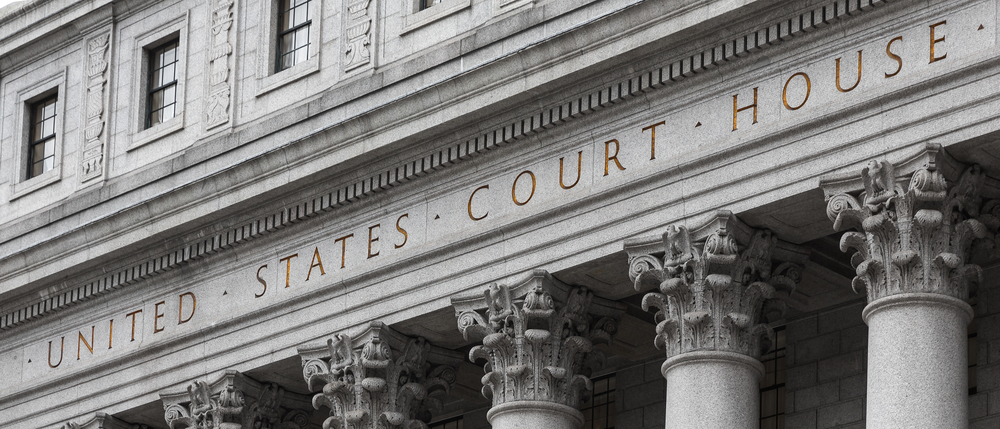Supreme Court Rejects Epic Games’ Claim Against Apple’s App Store Rules
The long-standing legal battle between Epic Games and Apple has reached a significant juncture as the Supreme Court delivers its verdict. Reports from Bloomberg and Reuters confirm that Judge Elena Kagan, on behalf of the Supreme Court, has decided against easing the restrictions imposed by Apple’s App Store rules. These rules center around Apple’s anti-third-party payment regulations, which restrict iOS app developers from guiding users toward alternative payment options. The outcome marks a milestone in the ongoing legal saga, with the Epic petition being officially declined on the Supreme Court’s official website.

Legal Landscape: District Court’s Ruling and Ongoing Antitrust Case
The initial ruling from the district court marked one of Epic’s limited victories in its high-profile antitrust case concerning fees associated with app transactions within the iOS App Store. The district court judge determined that Apple had violated California’s unfair competition law by preventing developers from incorporating links that direct users to payment methods external to the App Store ecosystem.
Appeals and Suspension: Ninth Circuit’s Decision and Implications
However, in a subsequent development, the Ninth Circuit Court of Appeals intervened, suspending a specific aspect of the district court’s ruling. This suspension granted Apple a 90-day window to present its case before the Supreme Court, seeking the opportunity for its appeal to be heard. Epic Games advocated for the Supreme Court to reverse the Ninth Circuit’s decision, emphasizing that the repercussions would extend beyond their own interests and adversely impact numerous consumers and fellow app developers over an extended period.
Payment Dynamics: Implications of App Store Payment Relocation
Relocating payment processes outside of the App Store environment offers developers an avenue to bypass the “Apple tax,” a fee levied on digital transactions like those involving V-Bucks in the popular game Fortnite, notes NIX Solutions. Nevertheless, Apple maintains the prerogative to levy a separate charge should such a practice become widespread. This was demonstrated when Dutch regulators compelled Apple to enable alternative payment methods for dating apps, resulting in additional fees.
